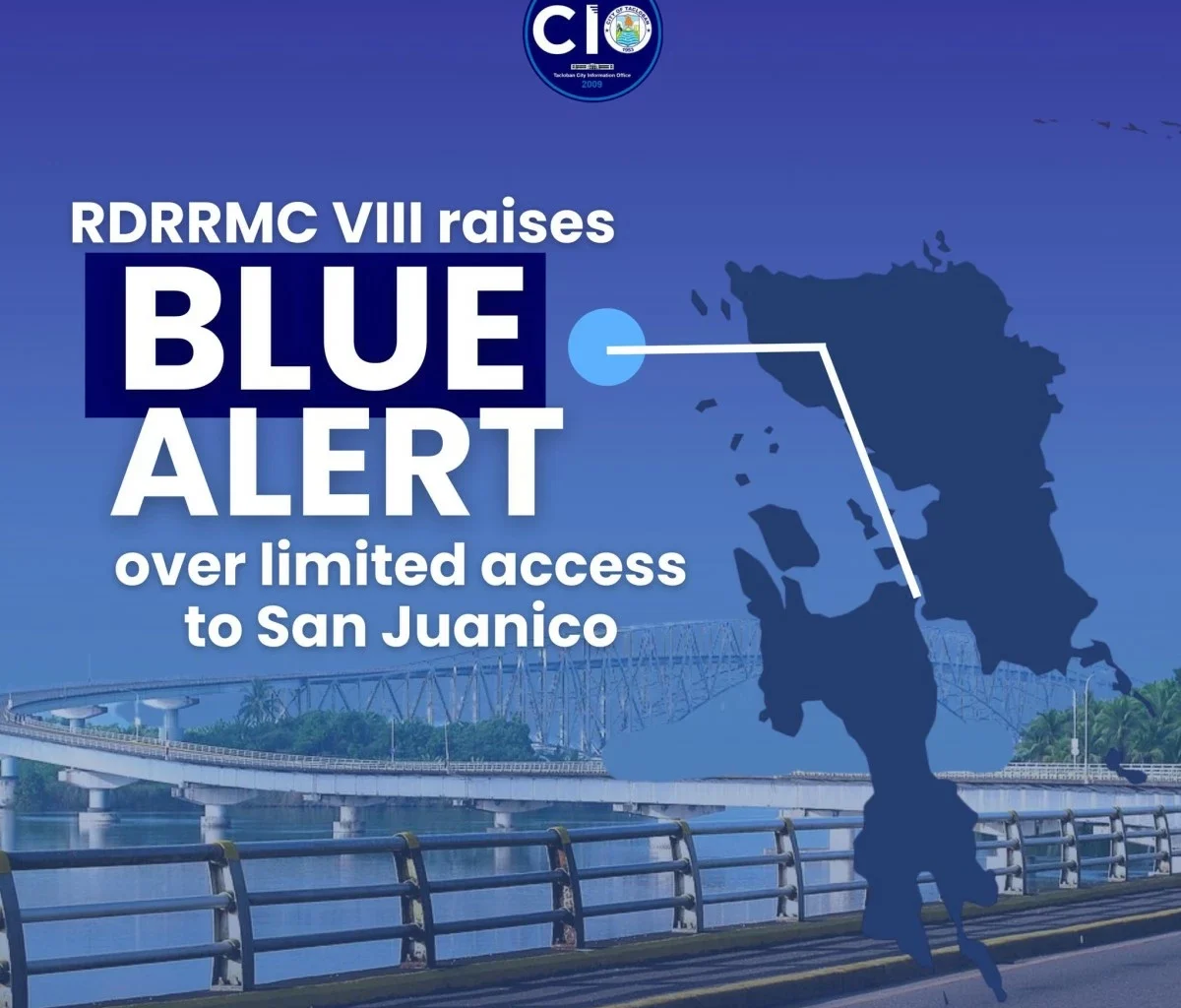The Department of Energy (DOE) has assured the continued supply and delivery of petroleum products, such as liquefied petroleum gas (LPG), to Samar despite the recent weight limit imposed on the San Juanico Bridge.
In a statement on Tuesday, May 27, outgoing Energy Secretary Raphael P.M. Lotilla stated that the DOE has coordinated with agencies and the oil industry to develop alternative solutions to the recently implemented 3-metric ton weight restriction for vehicles crossing the San Juanico Bridge.
“The DOE remains committed to safeguarding the energy security of Samar and its people. By working hand-in-hand with government agencies and oil industry partners, we are confident in our shared ability to rise above these challenges with unity, urgency, and purpose,” he said.
The weight limit would affect petroleum deliveries, which typically weigh 19 to 20 metric tons for a 10,000-liter load and often rely on the bridge for transport.
The energy sector addressed this logistical concern in collaboration with the Department of Transportation (DOTr), the Department of Public Works and Highways (DPWH), the Philippine Ports Authority (PPA), the Office of Civil Defense (OCD), and the National Disaster Risk Reduction and Management Council (NDRRMC).
According to the DOE, the NDRRMC has approved the oil tankers in the roll-on/roll-off (RORO) vessel loading queues. The DOE also coordinated with the Petroleum Institute of the Philippines (PIP) to provide a list of fuel tanker trucks that will be transported from the port of Ormoc to the ports of Maginoo and Calbayog in Samar by Thursday.
Through the support of the fuel storage depot Insular Oil Corporation, petroleum deliveries from both major oil companies and independent players will be accommodated, providing an additional layer of supply security.
The DOE also noted that gasoline stations in Samar have a maximum maintenance storage capacity of up to two weeks and typically require refills every seven to 14 days.
